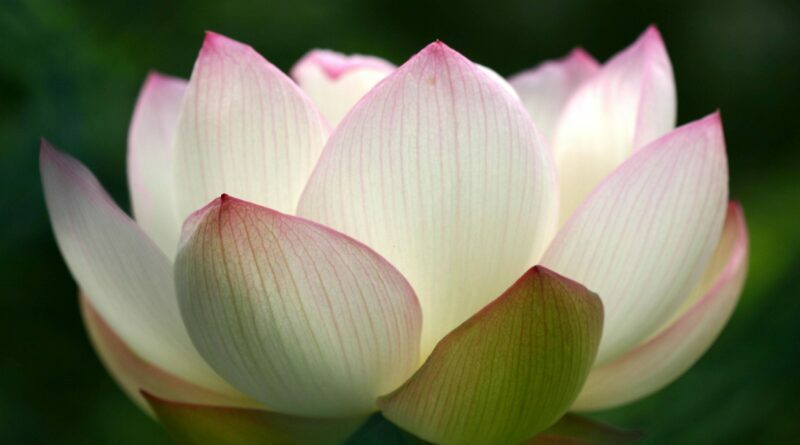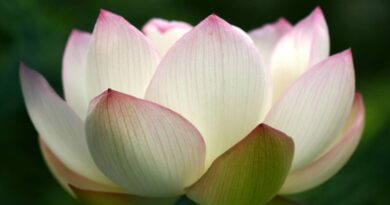GLOSSARY
Glossary
Āsava: Effluent; fermentation. Four qualities—sensuality, views, becoming, and ignorance—that “flow out” of the mind and create the flood of the round of death and rebirth.
Deva (devatā): Literally, “shining one.” An inhabitant of terrestrial and celestial realms higher than the human.
Dhamma: (1) Event; action; (2) a phenomenon in and of itself; (3) mental quality; (4) doctrine, teaching; (5) nibbāna (although there are passages describing nibbāna as the abandoning of all dhammas). Sanskrit form: Dharma.
Jhāna: Mental absorption. A state of strong concentration focused on a single sensation or mental notion. Sanskrit form: Dhyāna.
Kamma: (1) Intentional action; (2) the results of intentional actions. Sanskrit form: Karma.
Khandha: Aggregate; physical and mental phenomena as they are directly experienced: rūpa—physical form; vedanā—feelings of pleasure, pain, or neither pleasure nor pain; saññā—perception, mental label; saṅkhāra—fabrication, thought construct; and viññāṇa—sensory consciousness, the act of taking note of sense data and ideas as they occur. Sanskrit form: Skandha.
Māra: A deva who is the personification of temptation and all forces, within and without, that create obstacles to release from the round of death and rebirth.
Nibbāna: Literally, the “unbinding” of the mind from passion, aversion, and delusion, and from the entire round of death and rebirth. As this term also denotes the extinguishing of a fire, it carries connotations of stilling, cooling, and peace. Sanskrit form: Nirvāṇa.
Tathāgata: Literally, one who has “become authentic (tatha-āgata)” or who is “truly gone (tathā-gata)”: an epithet used in ancient India for a person who has attained the highest religious goal. In Buddhism, it usually denotes the Buddha, although occasionally it also denotes any of his fully awakened disciples.



